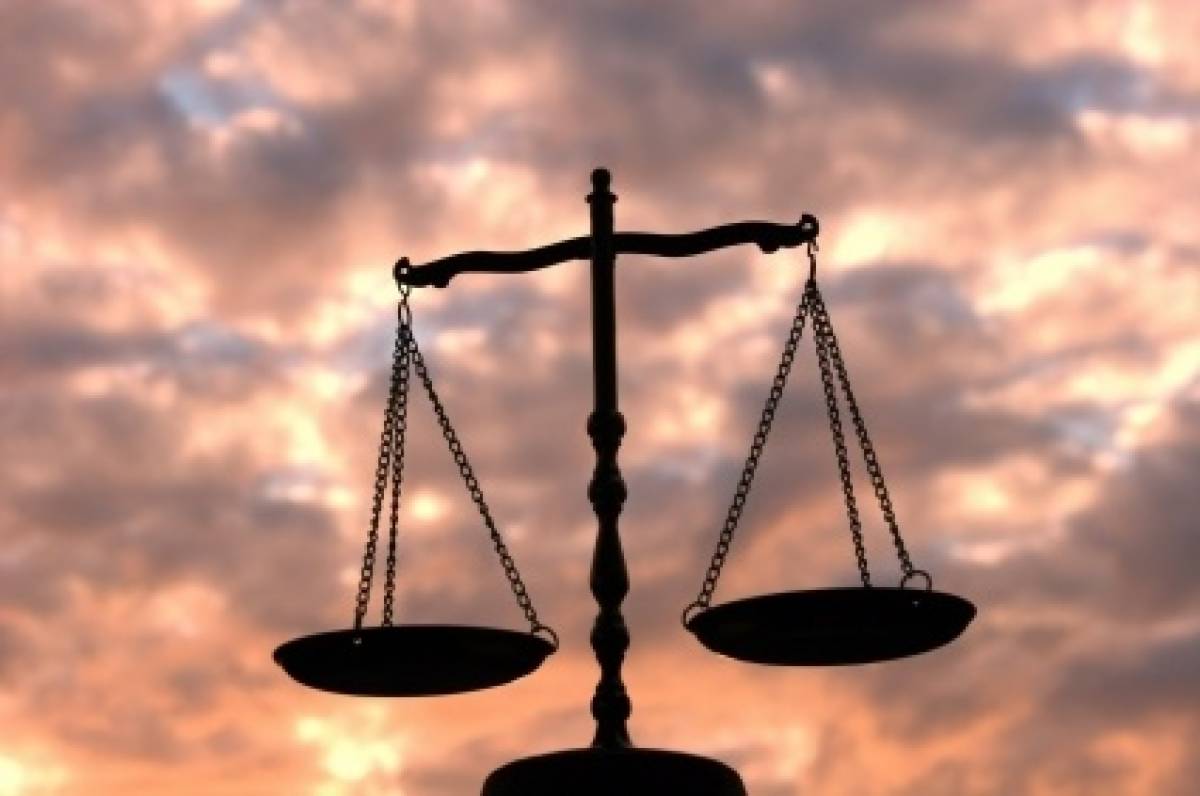The Fair Debt Collections Practices Act, or FDCPA, was passed in 1977 to prevent creditors and collectors from harassing consumers who were in debt. This act placed many strict regulations and guidelines on collection organizations as to what they could and could not do in order to be able to collect on the debts that people owed. Since then, not much has changed, although many fly-by-night collections groups don’t follow the rules as they should collection agency harassment. Here are some tips on what can and can’t be done by collection agencies:
Contacting Debtors
Collection agents have the right to contact the debtor via phone, email, fax, in person, or through the mail. If a lawyer is present, the collector must get in contact with the lawyer and not the debtor directly. If there is no lawyer involved, third party contact is allowed, but only can be used to determine your residential address, your contact phone number as well as your place of employment. Other information cannot be sought.
Collection agencies can NOT contact during inconvenient times. Any debtors that receive calls prior to 8 A.M. or after 9 P.M. are being harassed unless they have given consent for the collector to call during these times. Agencies also cannot contact a place of employment if they are aware that this isn’t desired by the employer.
Written notice must be supplied either before or after the initial contact has been made. This letter should state what you owe, the creditor that you owe it to, and what you are able to do if you do NOT owe the debt or the information is incorrect.
If you don’t owe, you have 30 days from the receipt of the notice to dispute the charges. If you do this, the agency is no longer allowed to contact you to attempt to collect the debt. However, if they can validate or provide evidence that the debt is, in fact, legitimate, they can continue with the collection efforts as needed.
Collection agencies can NOT:
-Use harassing or abusive measures to collect a debt
-Threaten debtors with violence, harm, or other threats
-Lie or make misleading comments about what will happen if the debt is not paid
-Pretend to be a legal representative, attorney, or other official
-Claim that you will be arrested, sued, or otherwise punished for unpaid debt as a threat
-Provide false information about your accounts, amounts owed, or information about their company or services
If you have been harassed by any collection agencies, you need to report them to the Federal Trade Commission (FTC), Better Business Bureau (BBB) in your local area or their home state, and your state Attorney General in order to have record of the harassment on file. With so many people going into debt, collection agencies are popping up all over the place. Many of them use illegal and unprofessional practices to pursue debtors simply to make a profit. Therefore, you should be cautious in speaking with these people, and if they are not professional, courteous, and willing to help you should contact the creditor and request to work directly with them or through another collection agency to repay the debt.
Epic Debt Relief was founded by Bankers and Lawyers who understand how the current economic crisis has affected millions of Americans including ourselves. We have leveraged our existing business relationships to insure that you, the consumer, will achieve the greatest savings possible for each and every debt enrolled. Our mission is clear! We are here to help settle your existing unsecured debt and put you back on track towards financial freedom. Our core services offer an alternative to bankruptcy, credit counseling, and debt consolidation.



